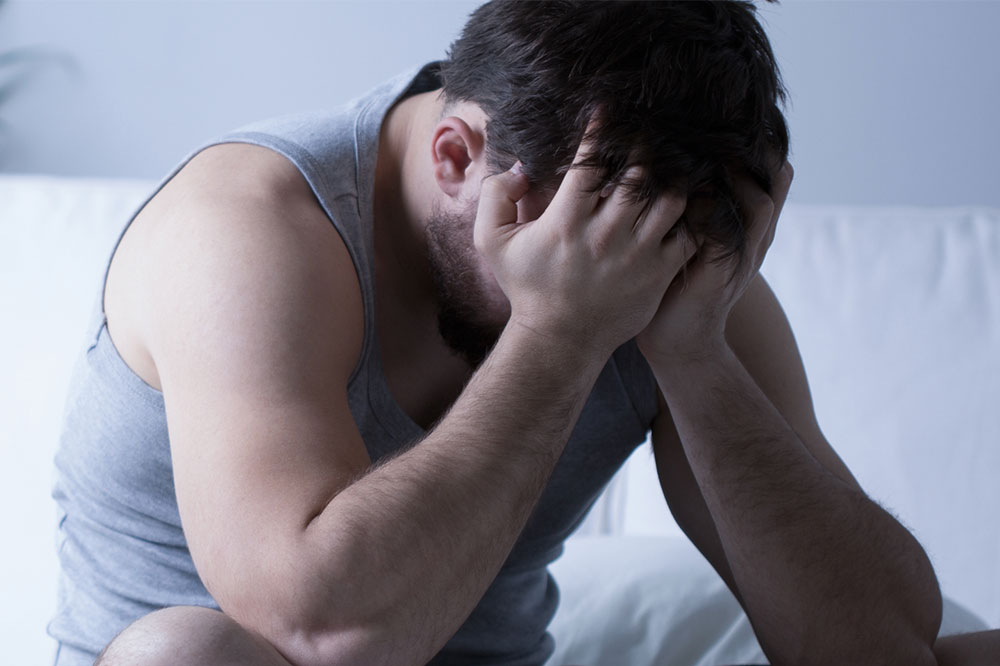A disruption in your sleep cycle will have an adverse effect on most of the activities you do during a day. Every human should sleep for seven to nine hours every night, to be able to function well during the day.
Unfortunately, in today’s times, when people lead extremely busy lives, it is very rare for people to adhere to healthy sleeping habits. Because of this, many suffer from different kinds of sleep disorders, which has a long-lasting impact on their health.
Types of sleep disorders and their treatment
Insomnia
Insomnia refers to the sleep disorder in which a person finds it difficult to sleep or stay asleep for a long time. If you are suffering from this condition, you will find it difficult to sleep even when you come home after a long day at work. There are a variety of reasons behind a person suffering from insomnia. Poor sleep cycle, breathing disorder, disruption in sleep-wake schedule, disturbance in the circadian rhythm, and hormonal changes are some of the most common reasons. There are two kinds of insomnia, chronic insomnia and transient or short-term insomnia.
Chronic insomnia
This condition is characterized by sleeping difficulties, suffering from non-restorative sleep, and not being able to maintain the sleep-wake schedule consistently. When you suffer from chronic insomnia, you feel a sense of fatigue and suffer from low energy levels throughout the day. You might have a good night of sleep, but it will be followed by sleepless nights at a stretch.
Transient or short-term insomnia
People suffer from transient insomnia mostly when they go through a tragic incident in their lives, like losing a friend to death or some major issue in the relationship with their partner or spouse. Such things can destabilize the mental balance of a person and set them on a path of feeling depressed most of the time. This results in being disturbed all the time and finding it extremely difficult to sleep.
Treatments for insomnia
If you consult a doctor, he will prescribe medications after analyzing your condition. If you are suffering from insomnia on account of depression, you will be prescribed antidepressants. There are some non-medicinal methods too, like hypnosis, stimulus control, cognitive behavior therapy, and relaxation techniques.
Sleep apnea
This is a serious sleep disorder, and many people suffer from sleep apnea across the world. The airways in your lungs get blocked and you will find it difficult to breathe. You might start choking or snoring loudly. When this happens, you will wake up from your slumber immediately as both your brain and body will be deprived of oxygen. This might happen a couple of times during a single night. Some of the common symptoms of sleep apnea include waking up in the middle of the night with a sore throat, feeling lethargic throughout the day, suffering from a headache, and loud snoring.
Treatment for sleep apnea
If the symptoms are severe, you might be prescribed to undergo CPAP, or continuous positive airway pressure therapy. It is primarily a machine which helps in keeping your airways open while you are sleeping. The device operates with the help of air pressure. It is attached to a mask-like object which can be fit in your nose. If you feel uncomfortable wearing it, you can try out other options like wearing an oral or dental device or going through a surgery.



